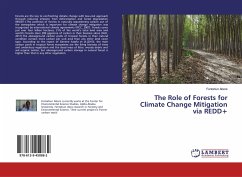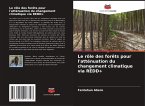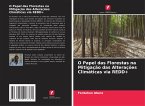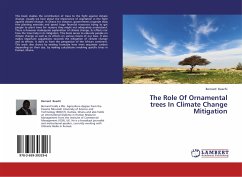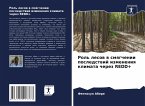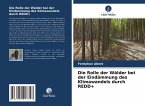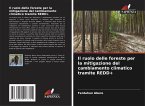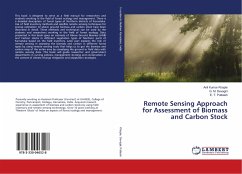Forests are the key to confronting climate change with low-cost approach through reducing emission from deforestation and forest degradation (REDD+).The potential of forests in naturally sequestering carbon out of the atmosphere which is important for climate change mitigation was recognized by international climate agreements (IPCC, 2007). Forests cover just over four billion hectares, 31% of the world's total land area and world's forests store 289 gigatone of carbon in their biomass alone (FAO, 2011).The aboveground carbon pools of tropical forests in their natural condition contain more carbon per unit area than any other land cover type. According to the report of Genene Assefa et al.(2013), the main carbon pools in tropical forest ecosystems are the living biomass of trees and understory vegetation and the dead mass of litter, woody debris and soil organic matter, but aboveground carbon storage in natural forest is higher than that in any other vegetation.

